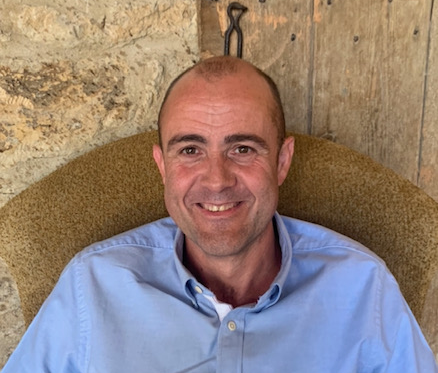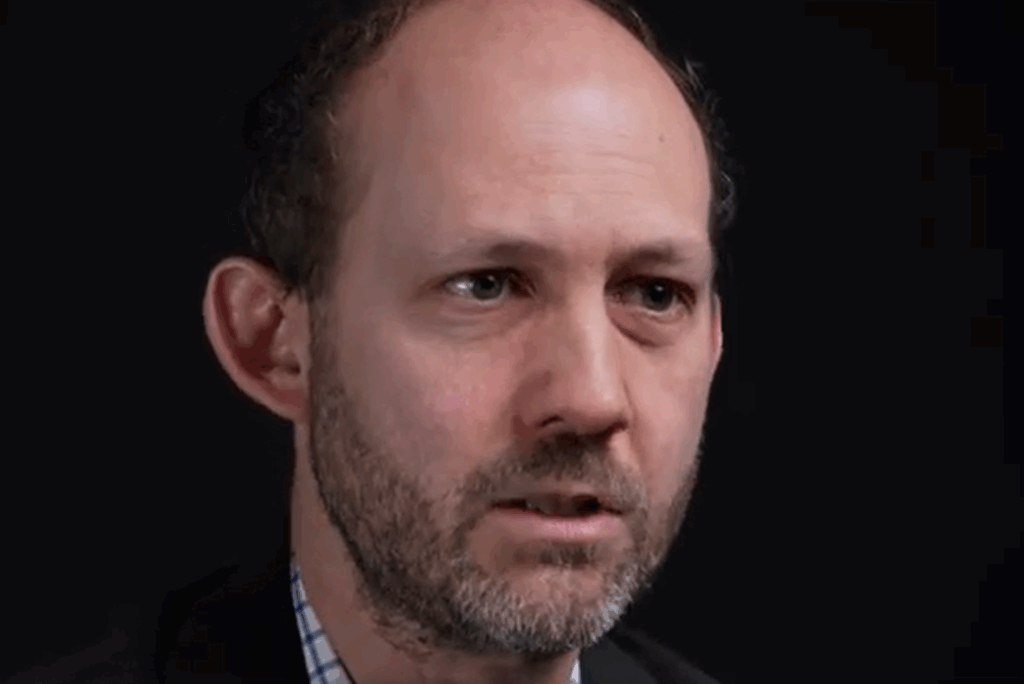 Author information: Dr Michael Warhurst is an Environmental Chemist and has been working for Friends of the Earth in London since November 2005. Dr Warhurst heads up a team which focuses on UK and EU waste policy, trying to maximise resource efficiency and minimise climate impacts by promoting prevention, reuse, recycling and composting.
Author information: Dr Michael Warhurst is an Environmental Chemist and has been working for Friends of the Earth in London since November 2005. Dr Warhurst heads up a team which focuses on UK and EU waste policy, trying to maximise resource efficiency and minimise climate impacts by promoting prevention, reuse, recycling and composting. Dr Warhurst discusses the future for waste policy and the question of incineration
We're all green now, everyone is committed to minimising waste, setting ‘ambitious' recycling targets and reducing our carbon footprint, so Friends of the Earth can just move on to another issue? Well, maybe not.
Progress is being made – we've even broken the psychological barrier of 25% recycling of municipal waste! – but we are a long way from a solution.
What is an ambitious recycling target – 50% by 2020, from the Government, or over 70% already happening in Flanders? The climate analysis in the English Waste Strategy is clear – a higher recycling target is better for the climate (they looked at 60% by 2020).
Our message for local government is simple – if you care about the climate, get your recycling (including composting and anaerobic digestion, of course) up amongst the best, don't just follow the Government's targets.
There's now a new focus on minimising residual waste, which we welcome – prevention, reuse recycling or composting is clearly the best environmental option. But why no future ban on landfilling or incinerating materials that are recyclable or compostable? This would provide a stronger push to get materials out of residual waste, particularly for non-municipal waste.
Incineration
What about the ever-diminishing residual waste -what should we do with it? The climate evidence against incineration is now largely accepted by the Government (see annex E of the waste strategy), yet there are many proposals for new incinerators. We've helped set up a new anti-incineration network, UK WIN, to help communities stop these plants (and other waste burning plants, e.g. MBT/RDF).
As residual waste volumes reduce, we need small-scale modular technologies to maximise removal of recyclables, and to remove the biological activity of what remains prior to use in low grade land treatment or disposal to landfill – our climate research has demonstrated that this is one of the best options.
There's some way to go before we get to a truly sustainable waste policy – or resources policy, as it should eventually become. It's crucial that we don't make the mistake of building technologies that will create a demand for residual waste – we should be investing in phasing out residual waste, not encouraging it!








Subscribe for free